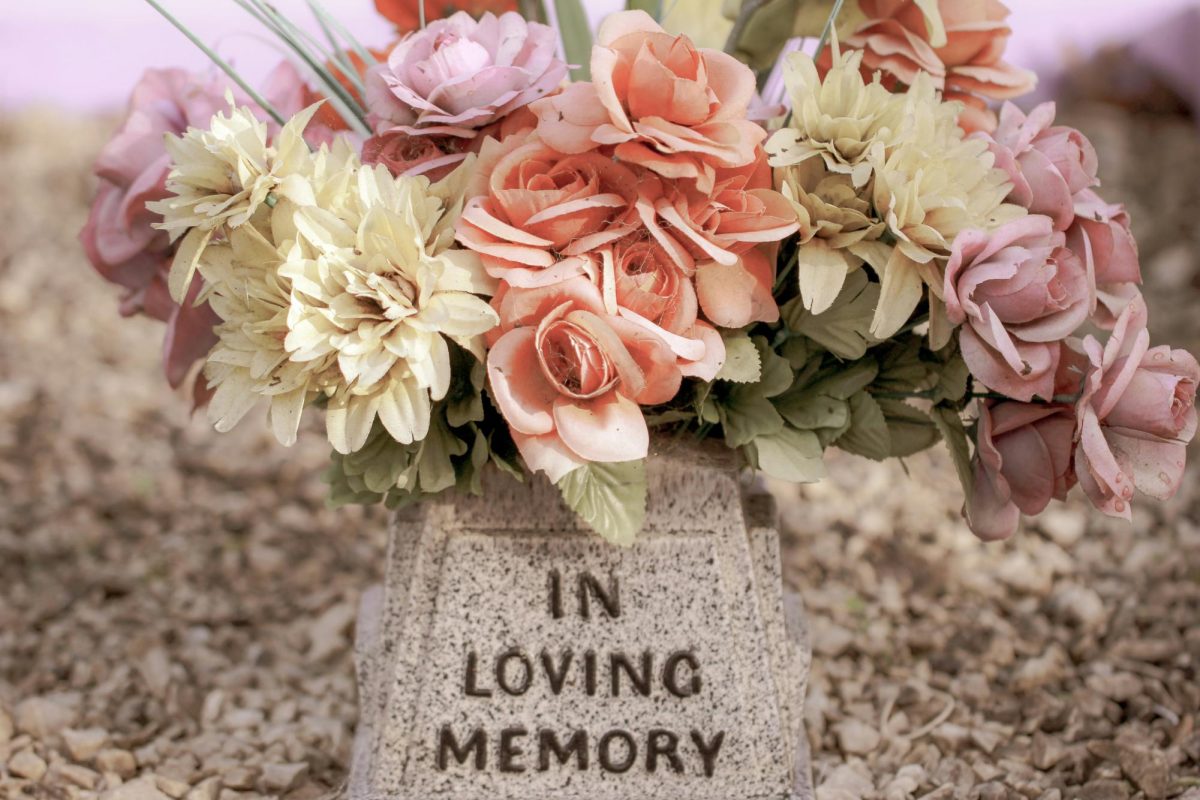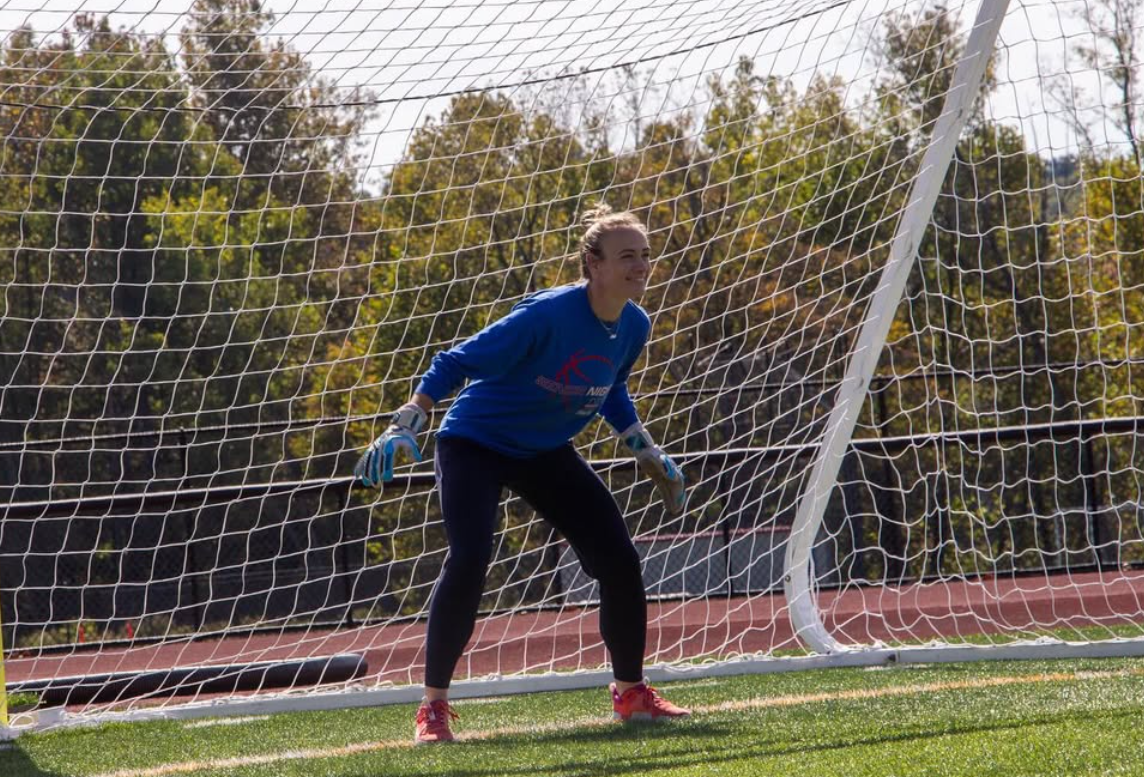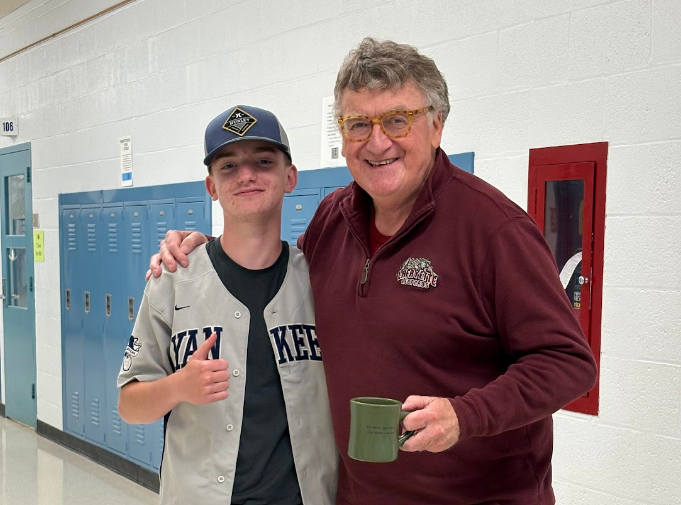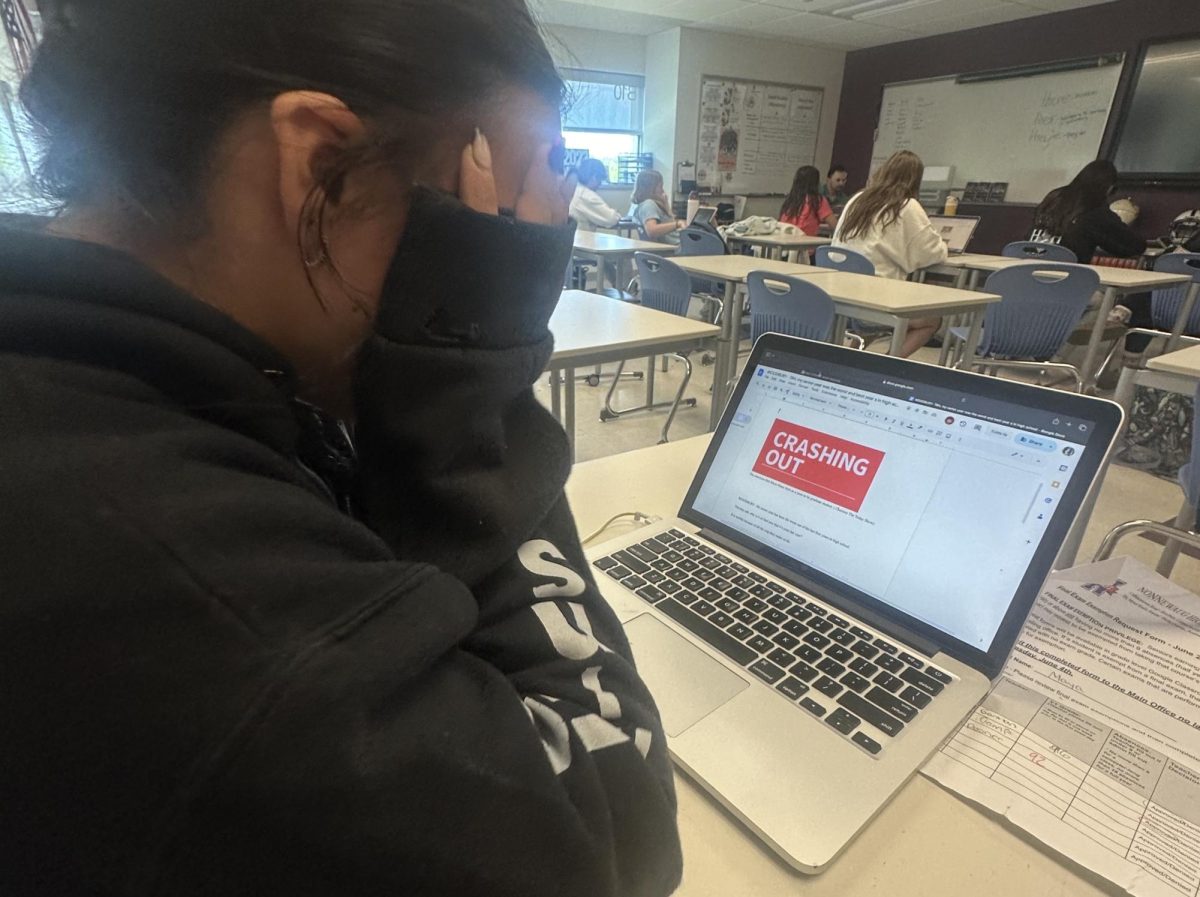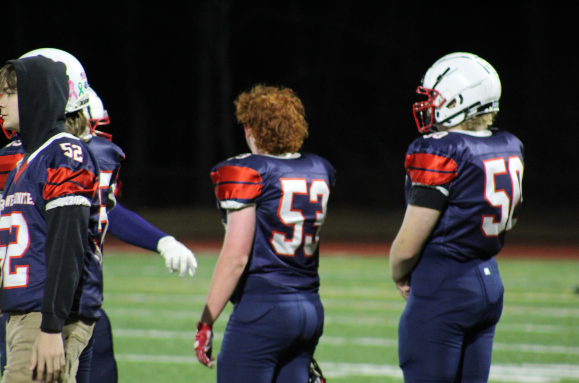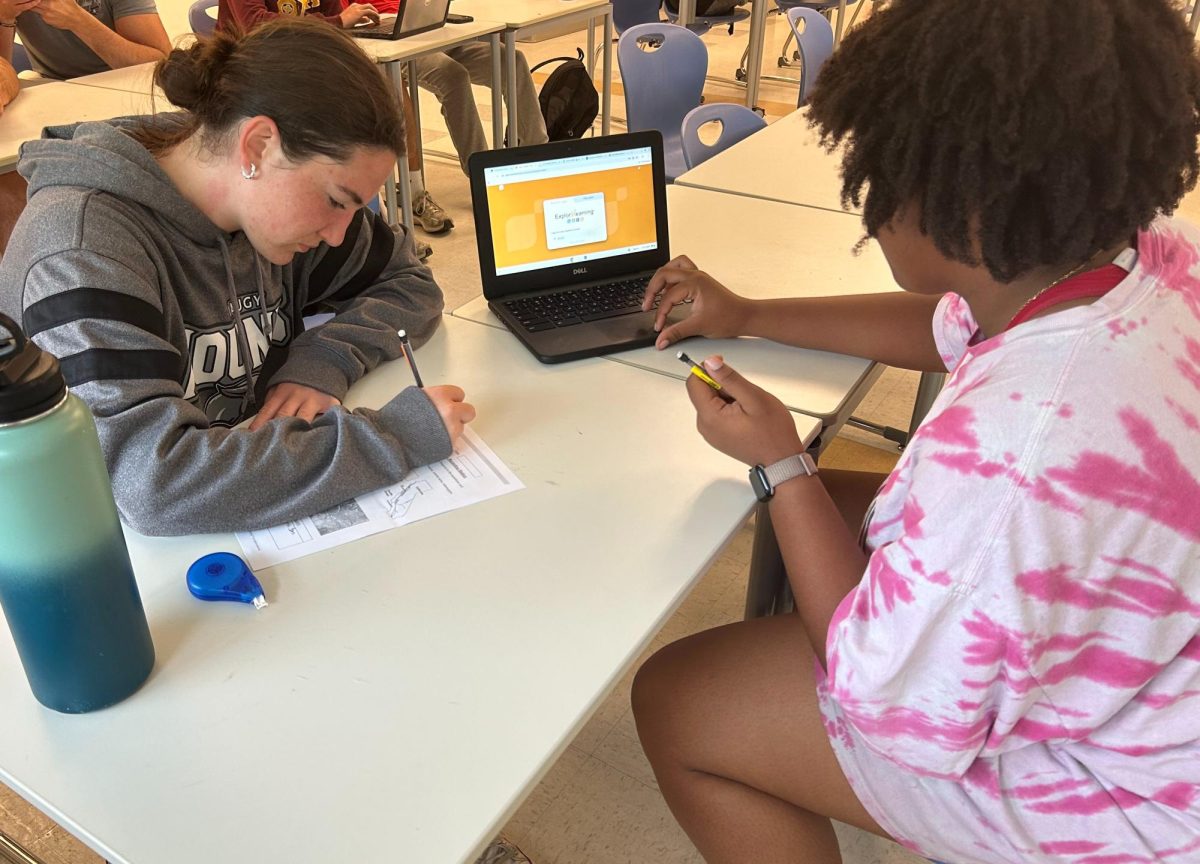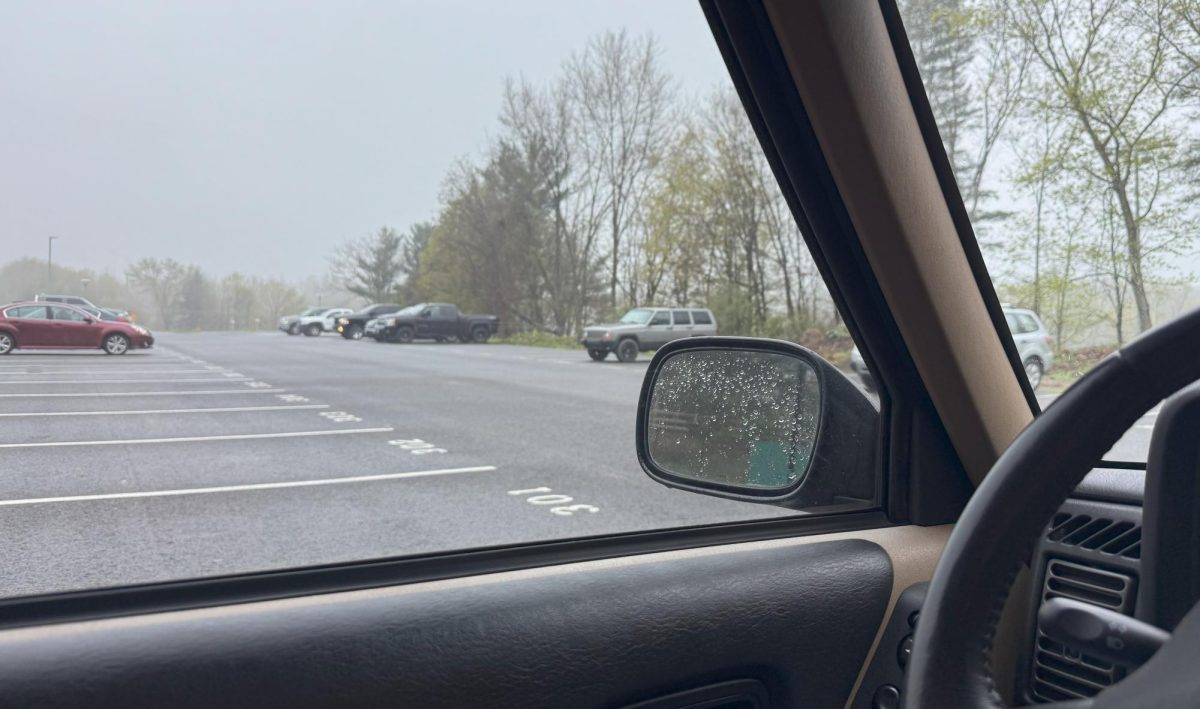WOODBURY — When 13-year-old Riley Nelson lost her grandmother to old age a couple years ago, the world didn’t stop — but hers did.
“I remember walking into school the next day and everything felt normal for everyone else,” Nelson said. “But I was completely different inside. It was like I couldn’t breathe.”
This is an example of teenage loss. Losing a loved one profoundly impacts teens, who are still developing emotionally and socially. Grief can lead to confusion, intense sadness, anger, or even numbness. Teens may feel isolated in their pain, struggling to express their emotions or fearing others won’t understand. They might question their purpose in life. Relationships can change, with some friends and family members offering support, while others unintentionally create distance.
By age 25, this increases to 1 in 7 young adults experiencing the death of a parent, according Child Bereavement UK. According to the Journal of the American Academy of Child and Adolescent Psychiatry, teens who experience the death of a loved one are three times more likely to experience depression than their peers. Bereaved teens have a higher risk of anxiety, post-traumatic stress disorder (PTSD), and prolonged grief disorder — a condition where grief lasts longer than expected.
My 12-year-old brother Dean and I lost our grandfather to a surgery that went wrong last year in 2024.
“When Grandpa died, it felt like a big hole opened up in my heart,” Dean said. “I didn’t want to talk to anyone for a long time, and sometimes I still get really sad for no reason. I miss him every day.”
Dean’s experience is far from unique. According to the National Alliance for Grieving Children, approximately 1 in 14 children in the U.S. will experience the death of a parent or sibling by age 18. While the death of a grandparent is often considered a more expected loss, the emotional impact on young children can be deep, lasting, and complex.
Children often grieve differently from adults, Children move in and out of sadness in unpredictable waves.
Andie Rocco, a Woodbury Middle School counselor who has experience in talking to teenagers during their grief phases, said that “negative mental health effects can show up in subtle but serious ways.”
“Kids might not have the language to say, ‘I’m grieving,’” Rocco explained. “Instead, you might see changes in sleep, increased irritability, withdrawal from friends, or even declining grades. These are signs that they’re carrying a heavy emotional burden.”
Experts agree that creating safe spaces for children to grieve openly is crucial. Whether it’s through counseling, creative outlets, or conversation, acknowledging loss validates their pain and helps them heal.
As for my brother Dean, he’s slowly finding ways to feel close to our grandfather again — like wearing his old fishing hat when we went on our cruise.
“It kind of smells like him,” Dean smiled. “It makes me feel like he’s not all the way gone.”



